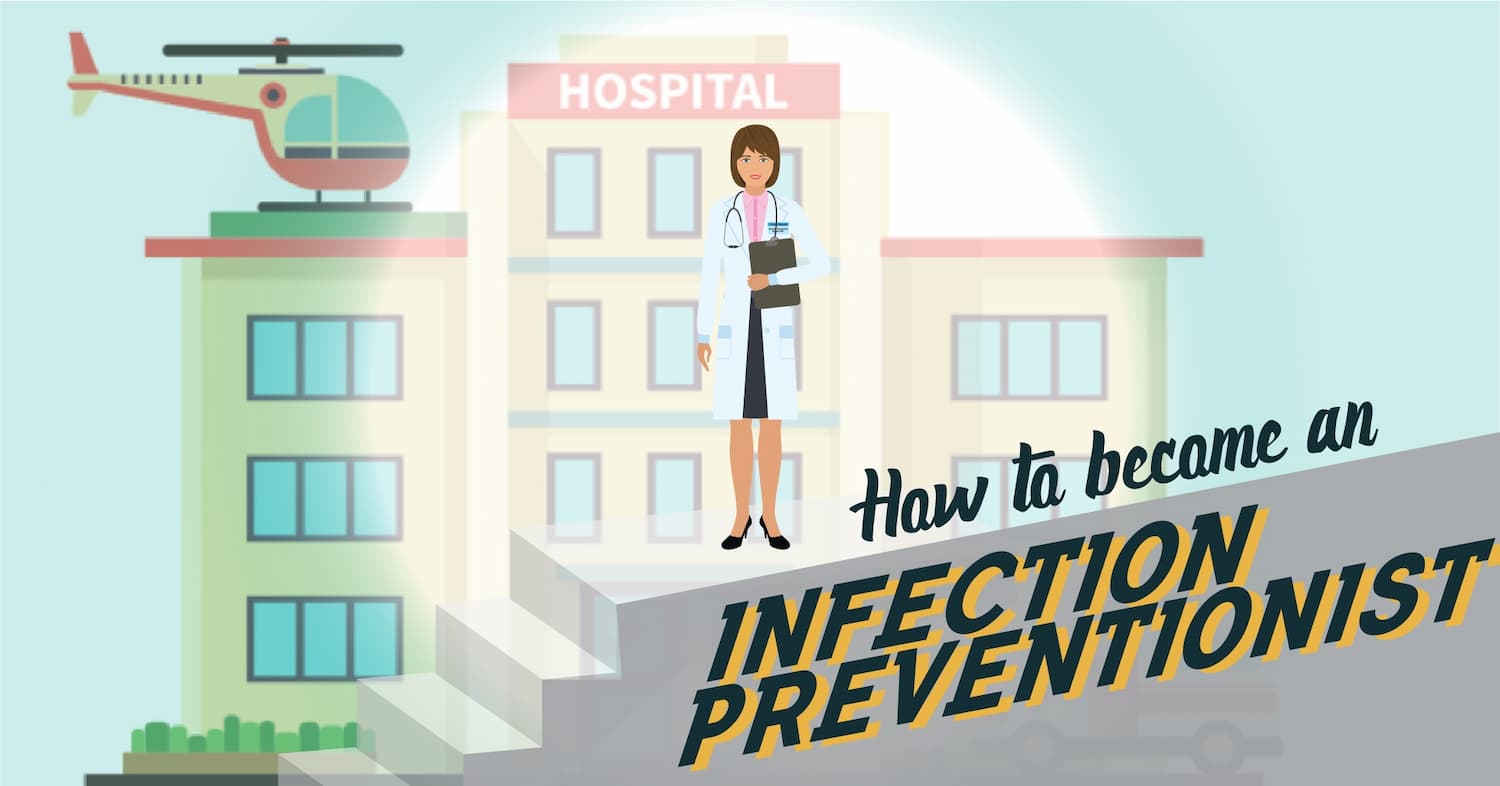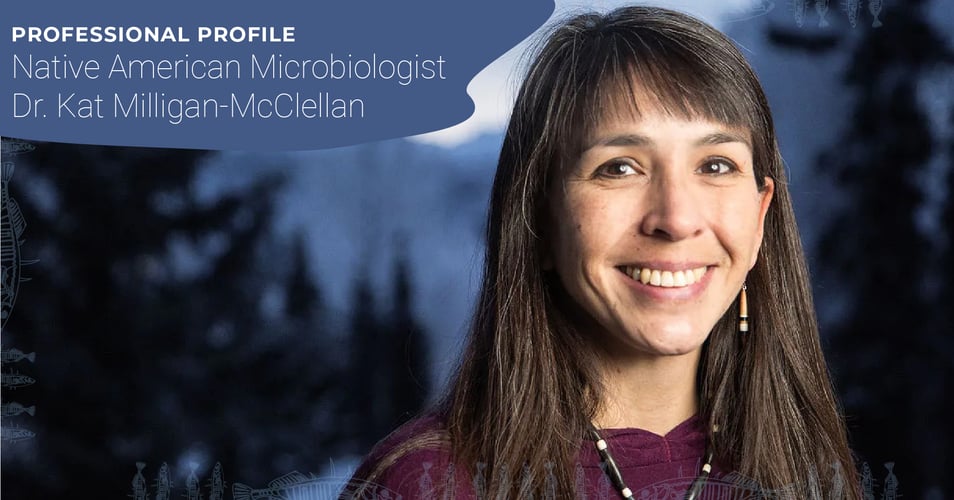Career Focus: How To Become an Infection Preventionist

 This week is International Infection Prevention Week (#IIPW) where we celebrate Infection Preventionists, the multi-faceted professionals who keep us safe from hospital-acquired infections. This week, we will explore the various pathways individuals can take to become one of these vital healthcare workers, including degrees and certifications.
This week is International Infection Prevention Week (#IIPW) where we celebrate Infection Preventionists, the multi-faceted professionals who keep us safe from hospital-acquired infections. This week, we will explore the various pathways individuals can take to become one of these vital healthcare workers, including degrees and certifications.
Educational Background
Today's Infection Preventionist (IP) may arrive on the job from a variety of educational backgrounds. In a 2015 survey, most IPs came from a nursing background (82%), but almost 10% trained to be laboratory scientists, while 4% pursued a public health degree. In a smaller but more recent 2019 survey , a decreasing majority of IPs still come from a nursing background (65.4%), but public health backgrounds grew (11.7%) followed by laboratory scientists (4.9%). This shift could be a reflection of the changing demands on the IP workload, with emphasis on laboratory expertise and regulatory compliance becoming more important to employers. The end results is a workforce that is steadily becoming more diverse.
A result of this diversification is a shift in degrees held by IP professionals. Those with a nursing background tend to have a Bachelor's degree or less (such as an Associates Degree in Nursing) but many more years experience, while IPs coming from public health tend to have advanced degrees but fewer years of experience. This mixture seems to describe a field where significant experience is valued alongside advanced degrees, with each playing a role in meeting the needs of the healthcare facility.
Certification
Regardless of how an individual arrives on the IP career path, one of the important steps that is valued by healthcare employers is certification. The most common certification sought by IPs is to become Certified in Infection Control (CIC) through the Certification Board of Infection Control and Epidemiology. This certification process requires applicants have a post-secondary degree and already be employed in infection control, preferably for at least 2 years.
The exam itself covers 8 main domains, ranging from clinical practice to program management. Here is a quick overview of each domain, just to give you a picture of the breadth and scope of not only the certification process, but the job of the IP in general (almost 50% of the test is focused on the first three domains):
- Identification of Infectious Disease Processes: Knowing how to recognize symptoms, what tests to run, recommended treatments
- Surveillance and Epidemiological Investigation: How to measure whether staff is following protocols and how to investigate an outbreak
- Preventing/Controlling the Transmission of Infectious Agents: How to make sure pathogens don't reach vulnerable patients
- Employee/Occupational Health: How to protect your staff from infection through vaccinations and preventive protocols
- Management and Communication: How to manage staff, how to help them improve, and how to ensure patient safety
- Education and Research: How to train staff, patients and caregivers effectively and how to stay abreast of current research through critical reading and application
- Environment of Care: How to make sure the patient surroundings, including furniture and devices, are free from contamination, even in the face of physical challenges such as construction or renovation
- Cleaning, Disinfection, Sterilization of Medical Devices and Equipment: How to effectively clean and how to evaluate and select the best products for your facility
It comes as no surprise that the preparation for this exam is a combination of professional experience as well as extensive study. The Association for Professional in Infection Control (APIC) recommends novice IPs follow a roadmap to prepare for certification that includes seeking out mentors, specific topics for study, and fee-based resources and coursework.
With increased demand for quality improvement and healthcare value, the need for infection preventionists will continue to grow. Individuals interested in the field of infection control and prevention can enter from a variety of educational backgrounds, and can expect a steep learning curve as they become adept at handling the significant responsibilities of this critical member of the health care team.
Editor's Note: This post was originally published in May 2018 and has been updated for freshness, accuracy and comprehensiveness.
![EOScu Logo - Dark - Outlined [07182023]-01](https://blog.eoscu.com/hubfs/Eoscu_June2024/Images/EOScu%20Logo%20-%20Dark%20-%20Outlined%20%5B07182023%5D-01.svg)




